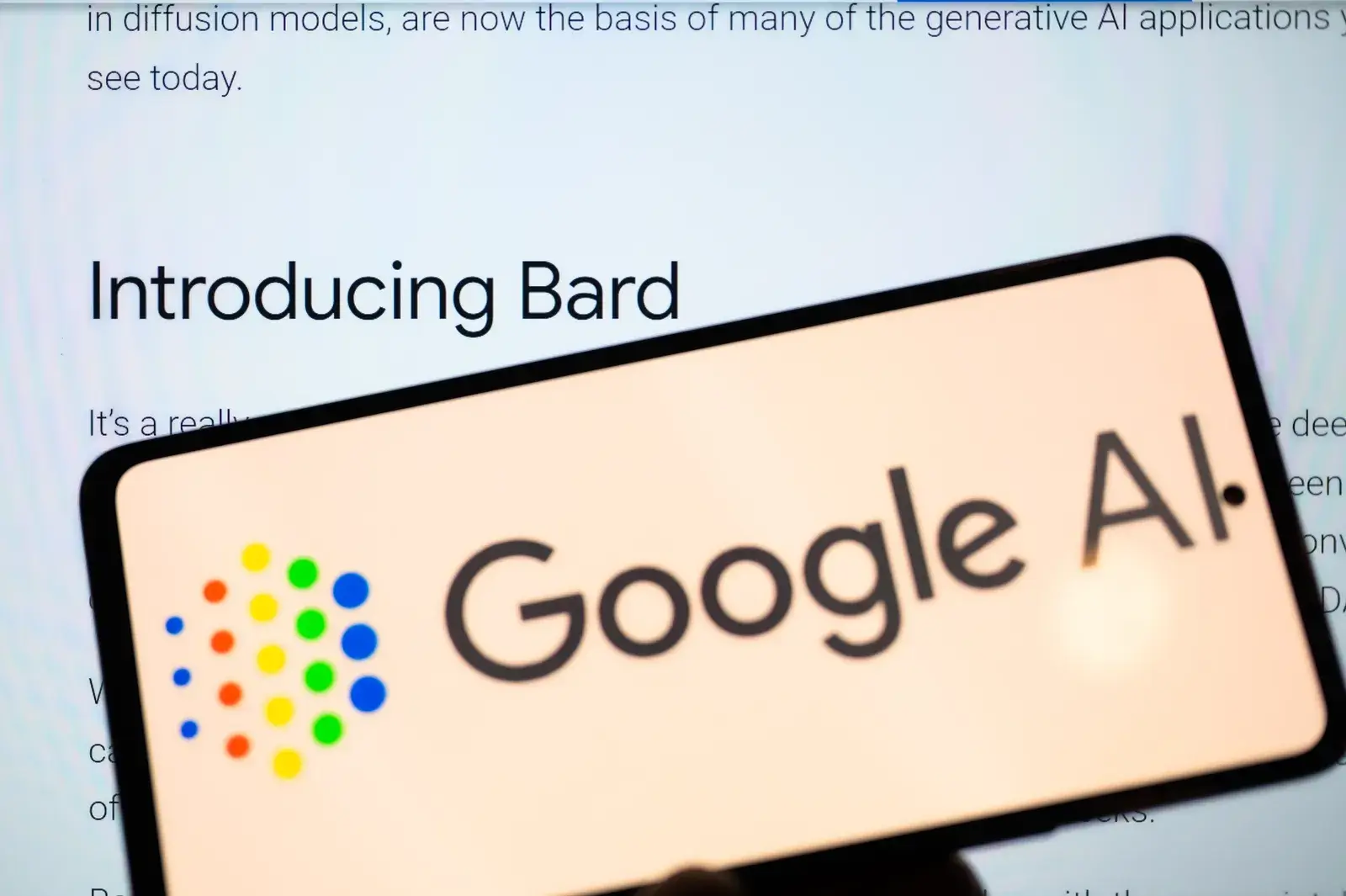The rapid advancement of artificial intelligence (AI) has led to the emergence of sophisticated chatbots like Bard and ChatGPT, which have garnered significant attention for their potential to reshape various aspects of our lives, including traditional search practices dominated by Google. However, concerns about the accuracy and reliability of information provided by these chatbots have sparked debates about the role of AI and its impact on society. This article delves into the implications of AI-driven chatbots, Google’s response to these concerns, and the broader discussions surrounding AI’s influence on the future of work and economic opportunities.
AI chatbots, such as Bard and ChatGPT, represent a significant leap in AI capabilities, enabling more natural and interactive conversations with users. Upon its introduction in November 2022, ChatGPT, powered by the GPT-3.5 architecture developed by OpenAI, garnered attention and raised questions about the potential disruption it might pose to Google’s lucrative search business. Users were intrigued by the idea that AI chatbots could provide instant responses to a wide range of queries, making traditional search engines appear less appealing in comparison.
While AI chatbots offer a novel approach to accessing information, the issue of accuracy and reliability has been a cause for concern. Google’s UK boss, Debbie Weinstein, acknowledged that Bard may not be the ideal platform for obtaining precise and verified information. Users have reported instances where the information provided by these chatbots was inaccurate or, in some cases, entirely fabricated. This raises questions about the accountability and trustworthiness of AI-generated responses.
Debbie Weinstein emphasized that Bard should be seen as an “experiment” geared towards collaborative problem-solving and idea generation, rather than a direct competitor to Google’s traditional search engine. Google encourages users to cross-reference information obtained from Bard by using their established search engine. To further gauge the reliability of the chatbot’s responses, users are encouraged to provide feedback through thumbs-up or thumbs-down buttons, which helps fine-tune the AI’s responses over time.
Beyond the realm of search engines, the rise of AI-powered chatbots has sparked a broader debate about the impact of AI on the future of work and its potential to revolutionize industries. Some have expressed concerns that AI could replace human jobs, leading to widespread unemployment. However, proponents argue that AI presents numerous economic opportunities and can enhance productivity and efficiency in various sectors.
Google’s report on the surge in search interest related to AI in the UK highlights the growing curiosity about AI’s potential applications, particularly in generating income and supporting businesses. However, the report also emphasizes a critical lack of tech skills in the UK, which could hinder the nation’s overall growth, especially given the increasing demand for AI and other tech expertise. To bridge this knowledge gap, Google is launching a free online training series called New Fundamentals, designed to equip individuals and businesses with practical AI-related skills and knowledge.
AI chatbots like Bard and ChatGPT have ignited discussions about their impact on traditional search practices and the future of work. While AI technology has the potential to offer valuable opportunities, there are concerns surrounding the accuracy of information provided by these chatbots. Google’s response to this issue highlights the importance of using established search engines to cross-reference information obtained from AI chatbots. As AI continues to evolve, addressing the knowledge gap and equipping individuals and businesses with relevant AI-related skills will be crucial to harnessing the full potential of this transformative technology.





